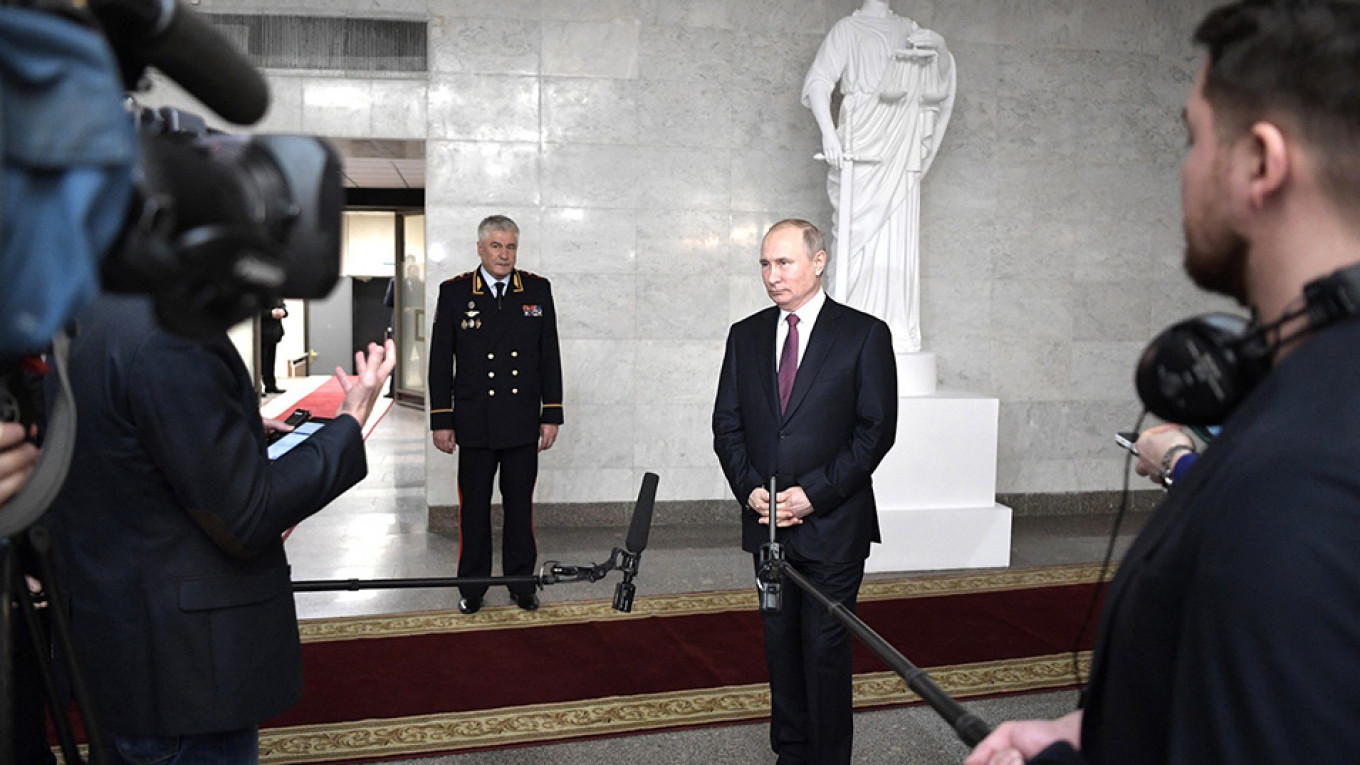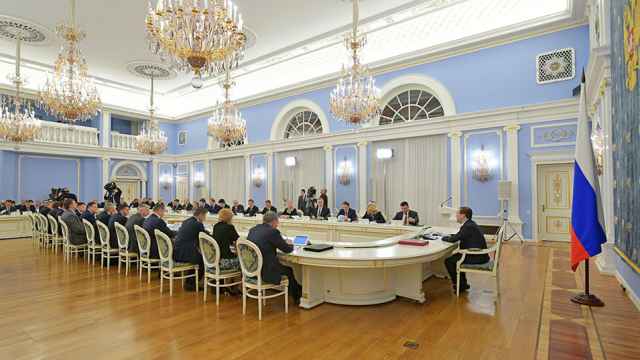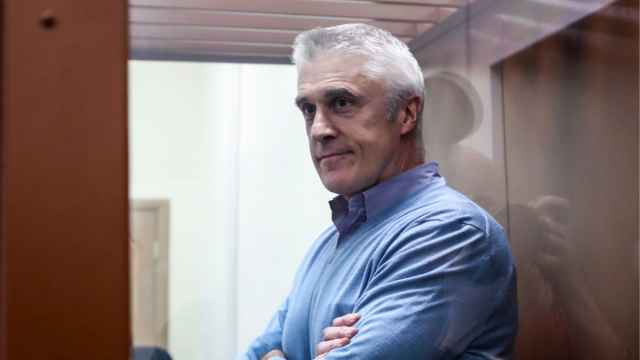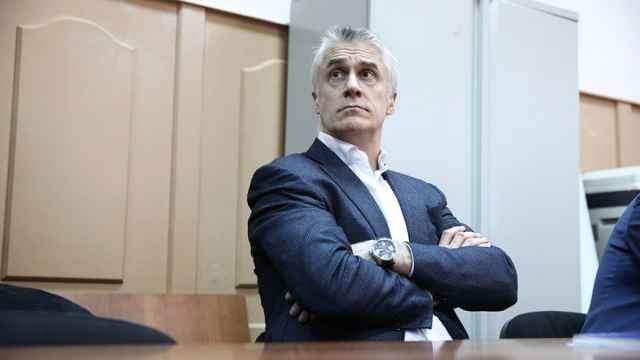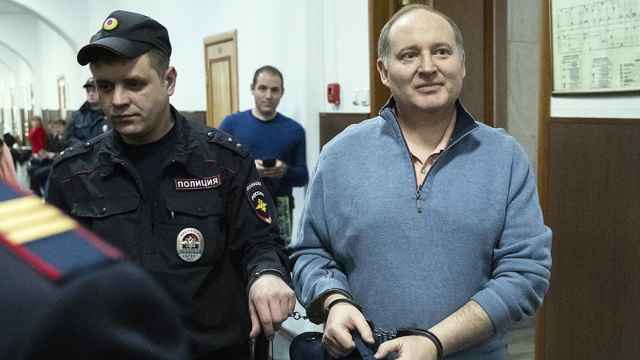Weeks after the much discussed arrest of Michael Calvey, Vladimir Putin has yet to share his opinion on the case with the public. This doesn’t mean that the president doesn’t have an opinion. It means he is only willing to share it in small circles — and only off the record.
Under any circumstances, this isn’t an ideal situation.
The president is aware that his publicly expressed position, regardless of what he says about the independence of the courts, will be taken as an indication of what needs to be done.
On Feb. 20, in his annual state-of-the-nation address to the Federal Assembly, Putin stood up for businesses, stating that “a conscientious business shouldn’t have to always feel at risk of criminal punishment.”
After, the president met with chief editors from several Russian media channels, but the conversation was held off the record and most of the transcript was not published.
A few days later, however, the media reported that some of the meeting’s participants — who wished to remain anonymous — said the Baring case had indeed been raised at the meeting. According to these sources, the president had ostensibly referenced the FSB’s position, showing that this isn’t only a conflict between shareholders, as it might seem from the outside.
Baring Vostok recently wrote open letter to the president that asked him to take personal control over the case. The letter states that the case should be considered as a corporate conflict to be subjected to arbitration proceedings, and not a criminal case — a position also seen in similar petitions from businessmen and financiers.
The Kremlin has not made any statements regarding Putin’s potential views toward the case as a “non-corporate affair.” Putin’s press secretary Dmitry Peskov limited himself to saying that the president quoted “only facts,” and not his own opinion during his closed meeting with the media managers. Last Tuesday, Peskov said Putin will not intervene in the case.
Russian businesses have, most likely, already gotten used to the discrepancy between words and actions (the arrests in the Baring case took place during an investment forum in Sochi), but the confusion around the president’s position regarding Calvey’s arrest remains worrying sign.
That the president remains evasive in these kinds of cases gives businesses mixed signals. His lack of feedback highlights the asymmetry in communication between the government and businesses — and the vulnerability of investors to the “opinion" of the FSB.
A version of this article was originally published at the Vedomosti business daily
A Message from The Moscow Times:
Dear readers,
We are facing unprecedented challenges. Russia's Prosecutor General's Office has designated The Moscow Times as an "undesirable" organization, criminalizing our work and putting our staff at risk of prosecution. This follows our earlier unjust labeling as a "foreign agent."
These actions are direct attempts to silence independent journalism in Russia. The authorities claim our work "discredits the decisions of the Russian leadership." We see things differently: we strive to provide accurate, unbiased reporting on Russia.
We, the journalists of The Moscow Times, refuse to be silenced. But to continue our work, we need your help.
Your support, no matter how small, makes a world of difference. If you can, please support us monthly starting from just $2. It's quick to set up, and every contribution makes a significant impact.
By supporting The Moscow Times, you're defending open, independent journalism in the face of repression. Thank you for standing with us.
Remind me later.



